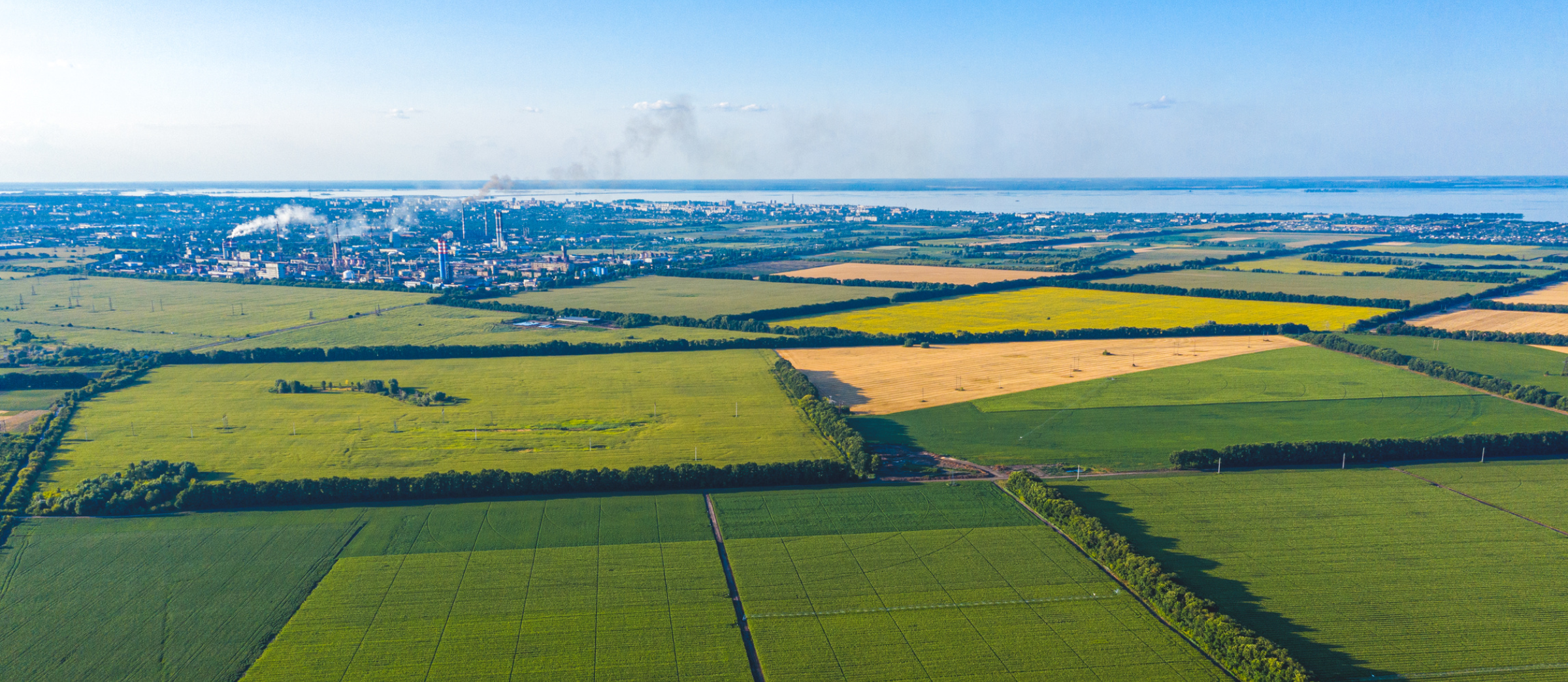Current State of Carbon Market Policies
Current State of Carbon Market Policies

While traveling across the U.S. discussing carbon markets with various stakeholder groups, one frequently asked question is, “Will the government have its hands in carbon markets?” When this question was asked at the beginning of 2022, my answer was no. The federal government was seemingly taking a hands-off approach to carbon programs in the U.S. Well, things have changed since then, and there are now policies that have passed or are currently being considered pertaining to carbon markets in the agricultural sector. Two important policies in the carbon market space are the Growing Climate Solutions Act (passed) and the proposed rule by the Securities and Exchange Commission (SEC) titled “The Enhancement and Standardization of Climate-Related Disclosures for Investors.”
The Growing Climate Solutions Act is a bipartisan bill passed in the December 2022 Consolidated Appropriations Act, which outlines USDA’s role in reducing barriers in agricultural and forestry-based carbon credits. This authorizes USDA to set up the “Greenhouse Gas Technical Assistance Provider and Third-Party Verifier Programs,” which is a registration list for technical advisors and verifiers of carbon credits. Part of this program will establish a list of widely accepted protocols for technical advisors and verifiers to follow or be removed from the program if they fail to meet the program standards. If the program moves forward, the USDA must also establish an advisory council that will help guide the program. The majority of the advisory council will be made up of farmers, ranchers, and woodlands owners, with participation from other stakeholder groups and organizations. While the Growing Climate Solutions Act did establish some form of guidance and oversight of carbon markets, it fell short of the initial proposal to develop specific protocols for a USDA-Certified carbon credit. To date, the USDA has not implemented the program nor developed the advisory council.
On the other hand, the Securities and Exchange Commission proposed a rule in March 2022 requiring publicly traded companies to disclose their exposure to climate-related risk, including disclosing their own greenhouse gas emissions (found here). So how does this impact the agricultural sector, specifically farmers and ranchers? The proposed rule states that “a registrant would be required to disclose greenhouse gas emissions from upstream and downstream activities in its value chain (Scope 3), if material or if the registrant has set a greenhouse gas emissions target or goal that includes Scope 3 emissions.” Therefore, any publicly traded company that produces goods from agricultural products and has Scope 3 emissions reduction targets would have to report emissions from agricultural activities at the farm level. Many agricultural organizations, including most national agricultural associations, are pushing back against the proposed rule. A letter to the SEC by the national agricultural associations (found here) states that “the Proposed Rules would be wildly burdensome and expensive if not altogether impossible for many small and mid-sized farmers to comply with, as they require reporting of climate data at the local level. When farmers and ranchers cannot afford the overhead required to comply, they will have no choice but to consolidate.” Also in this letter, the national agricultural associations encourage the SEC to consider, among other things, to “remove or substantially revise the Scope 3 emissions disclosure requirements to include an explicit exemption for the agricultural industry.” After receiving public comments on the proposal, the SEC is considering easing portions of the proposed rule, but no new details have been released to date, nor a final approval of the proposed rule.
Recommended Citation Format:
Shockley, J. "Current State of Carbon Market Policies." Economic and Policy Update (23):5, Department of Agricultural Economics, University of Kentucky, May 30th, 2023.
Author(s) Contact Information:
